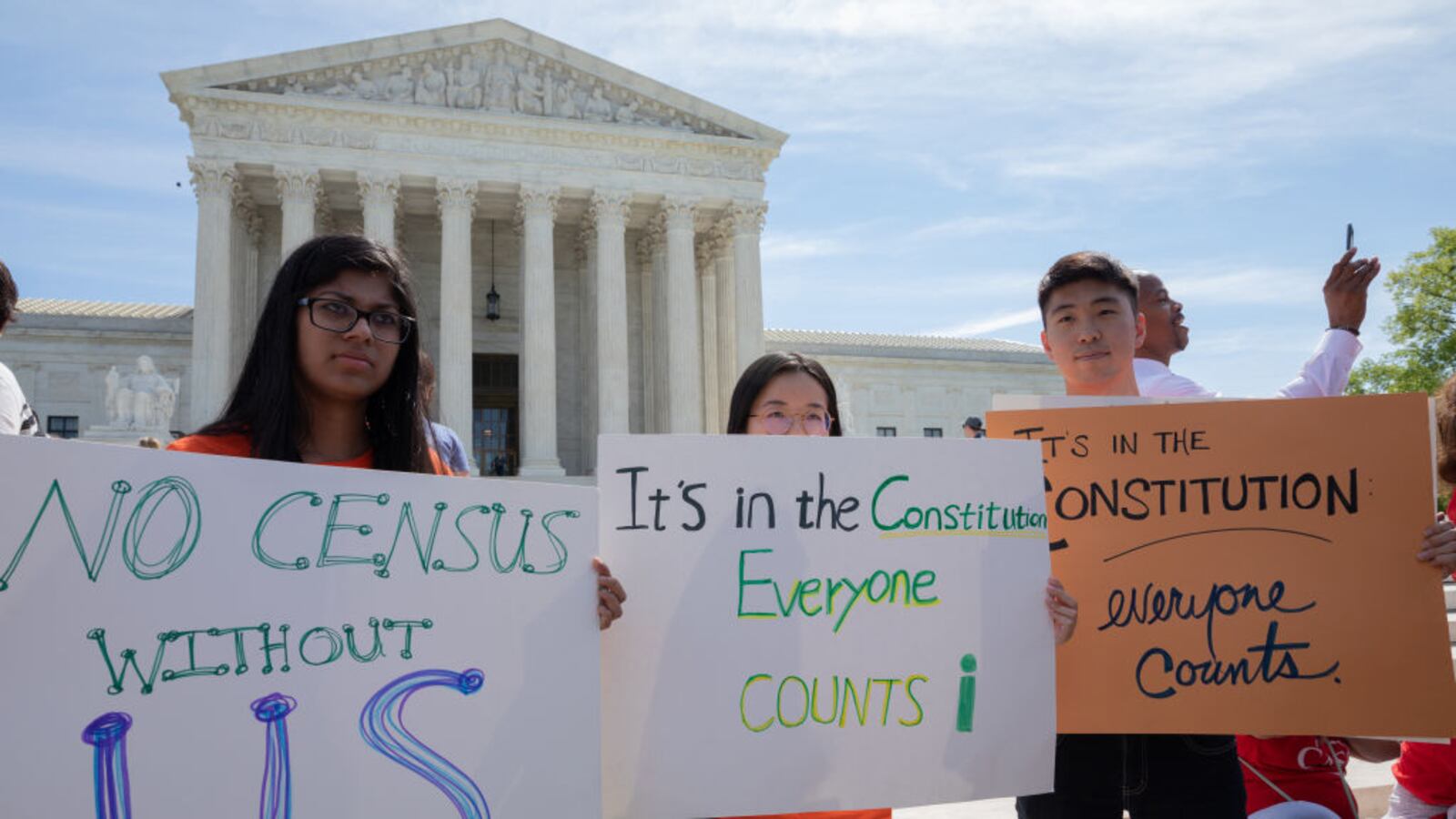New York City students would be among the nation’s biggest losers if the Trump administration succeeds in adding a citizenship question to the 2020 U.S. census.
Arguing that the country needs additional data to enforce the Voting Rights Act, the Trump administration plans to ask for the first time whether census-takers are U.S. citizens. The question is widely seen as likely to — and possibly be intended to — dissuade immigrants from completing the survey. The U.S. Supreme Court is expected to rule this month on a broad legal challenge to the change.
Census data influences representation in Congress and funding for schools and other services, so an undercount of immigrants would have wide-ranging consequences.
Among them: New York City would lose more than $10 million in federal school funding for low-income students if the question does appear on the census, according to an estimate from the Council of Great City Schools, a coalition of school districts that has joined the lawsuit against the question. Only Los Angeles, which has a large share of immigrant and Hispanic students, would lose more, the group estimated.
An analysis by the Urban Institute projects that black and Hispanic residents are most likely to be undercounted in New York, as well as very young children.
A $10 million reduction in Title I funding represents only a tiny fraction of New York City’s annual education budget; the city is allocating more than twice as much for new guidance counselors this year.
Still, for schools that see their funding go down, the impact could be acute. Schools use Title I funds to pay for counseling services, academic assistance, and after-school programs — crucial resources to help students who are learning English or live in poverty.
“This goes to the heart of what we do to support our most fragile students,” Chancellor Richard Carranza told the New York Times this week. “Hope is not a strategy, but we’re really hoping the courts will do the right things here.”

